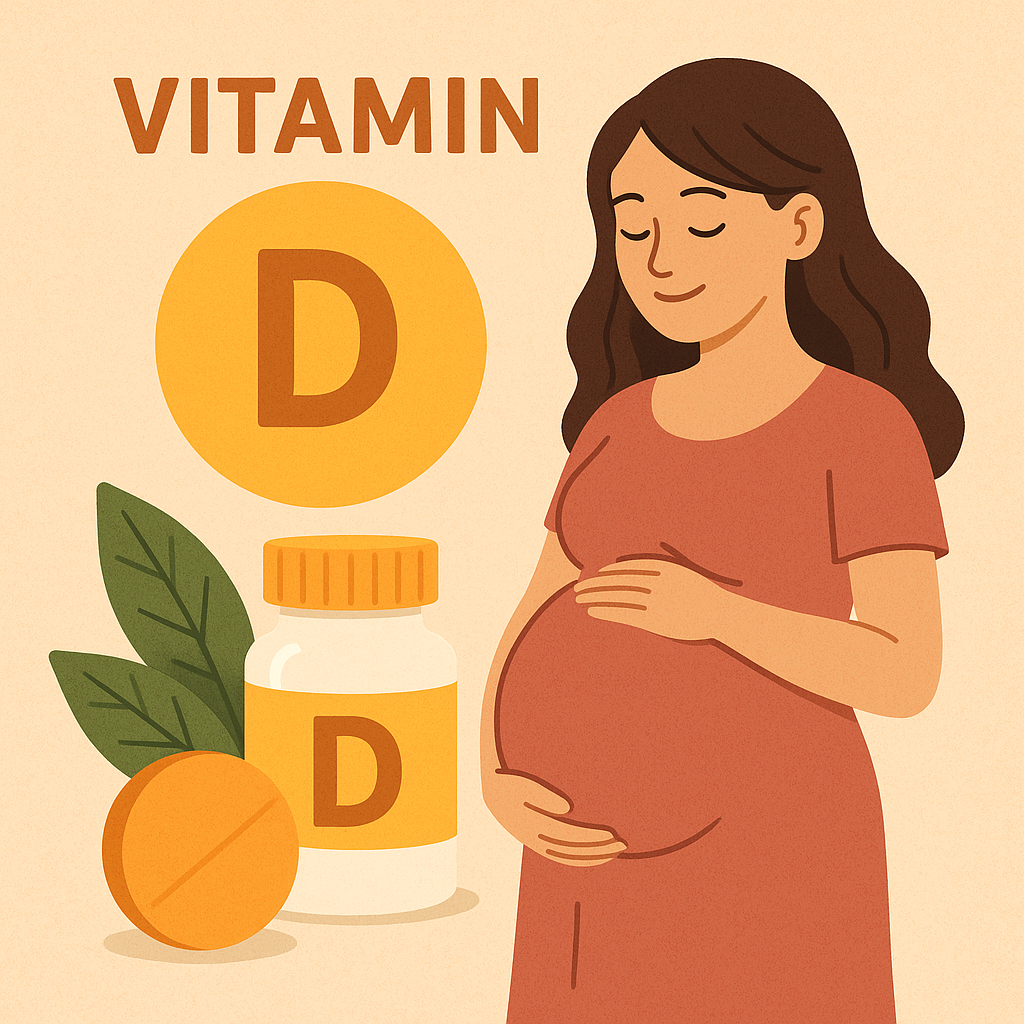In 2020, Molecular Autism published a fascinating study on the impact of vitamin D during pregnancy on testosterone production—and, as a result, on the increased hormonal influence on male fetal brain development.
(Developmental vitamin D deficiency increases foetal exposure to testosterone)
The study, conducted at the University of Queensland (Australia), was the first to show in animal models that an environmental factor—in this case, vitamin D deficiency—selectively increases testosterone levels in the embryonic brains of males. Could this be one of the reasons why autism is statistically more common in boys than in girls?
The Importance of Vitamin D.
Vitamin D is essential for calcium homeostasis and bone health, as well as for key developmental processes and regulation of the immune system. Several studies have explored the link between low maternal vitamin D levels during pregnancy and an increased risk of autism in the child. However, not all studies confirmed this connection, largely due to variability in sample selection.
Animal studies have shown that vitamin D deficiency can lead to behavioral traits associated with core autism symptoms at different stages of development: motor delays, reduced vocalizations, stereotypical repetitive behaviors, and social deficits (e.g., in play). Some behaviors—like motor delays—were more pronounced in male offspring.
Elevated testosterone exposure in male fetuses is considered one of the contributing factors behind the gender disparity in autism prevalence (approximately 3:1 ratio).
Vitamin D plays a key role in modulating steroidogenesis by regulating the expression of various genes that encode steroidogenic enzymes—including CYP19A1 (aromatase), the primary enzyme responsible for testosterone catabolism. An inverse correlation has also been found between vitamin D and testosterone levels in various tissues and cell types. Thus, vitamin D deficiency may lead to increased testosterone accumulation in fetal tissues—this was the central hypothesis of the study.
The Study.
The experiment was conducted on rats, with some females fed a vitamin D-deficient diet to induce deficiency. Researchers analyzed maternal blood, fetal brain tissue, and amniotic fluid.
As a result, higher levels of testosterone were detected in the plasma of vitamin D-deficient mothers. Most notably, testosterone levels in the brains of male fetuses were significantly higher than in females—and also higher than in the control group.
This study clearly demonstrated that vitamin D deficiency can increase the risk of autism spectrum conditions, alter fetal brain steroidogenesis, and broaden our understanding of how non-genetic, environmental factors may contribute to autism.
It’s a truly insightful article that deepens our understanding of autism mechanisms and opens new directions for research and possible interventions aimed at reducing symptoms.
Thank you for reading my blog.
You can find the full article here.
